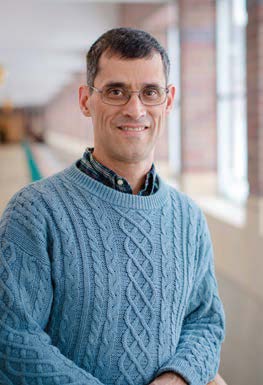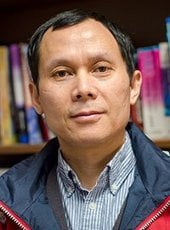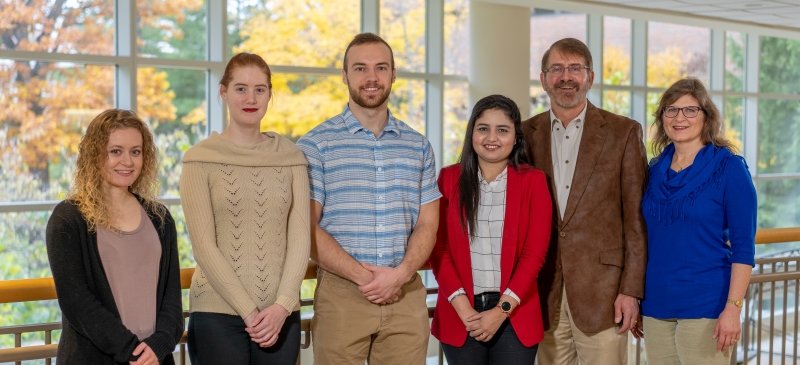 Sarah Green, professor of chemistry, was a scientific reviewer on the United Nation’s (UN) Sixth Global Environmental Outlook (GEO-6) report. Green was one of 250 scientists and experts from more than 70 countries who worked on the report. The March 2019 report is a comprehensive and rigorous assessment on the state of the environment completed by the UN in the last five years.
Sarah Green, professor of chemistry, was a scientific reviewer on the United Nation’s (UN) Sixth Global Environmental Outlook (GEO-6) report. Green was one of 250 scientists and experts from more than 70 countries who worked on the report. The March 2019 report is a comprehensive and rigorous assessment on the state of the environment completed by the UN in the last five years.
The GEO-6 report shows that a healthy environment is a prerequisite and foundation for economic prosperity, human health, and well-being. It addresses the main challenge of the 2030 Agenda for Sustainable Development, that no one should be left behind, and that all should live healthy, fulfilling lives for the full benefit of all, for present and future generations. “We are not heading that way, however,” says Green. “We have many opportunities to reverse that direction and make a difference on the current trends in climate change, biodiversity loss, pollution, and other pressures to restore planetary and human health.”
The GEO-6 report highlights the fact that the world has the science, technology, and finance it needs to move toward a more sustainable development pathway; although, sufficient support is still missing from public, business, and political leaders who are clinging to outdated production and development models. “The science is clear. The health and prosperity of humanity is directly tied with the state of our environment,” says Joyce Msuya, acting executive director of UN Environment. “This report is
an outlook for humanity. We are at a crossroads. Do we continue on our current path, which will lead to a bleak future for humankind, or do we pivot to a more sustainable development pathway? That is the choice our political leaders must make, now.”
The projection of a future healthy planet with healthy people is based on a new way of thinking where the “grow now, clean up after” model is changed to the goal of a near-zero-waste economy by 2050. According to the Outlook, green investment of two percent of countries’ GDP would deliver long-term growth as high as presently projected but with fewer impacts from climate change, water scarcity, and loss of ecosystems. At present, the world is not on track to meet sustainability goals by 2030 or 2050. Policy interventions that address entire systems—such as energy, food, and waste—rather than individual issues, can be much more effective, according to the authors. “The report shows that policies and technologies already exist to fashion new development pathways that will avoid these risks and lead to health and prosperity for all people,” says Joyeeta Gupta and Paul Ekins, co-chairs of the GEO-6 process. “What is currently lacking is the political will to implement policies and technologies at a sufficient speed and scale. The fourth UN Environment Assembly in Nairobi in March needs to be the occasion when policymakers face up to the challenges and grasp the opportunities of a much brighter future for humanity.”






